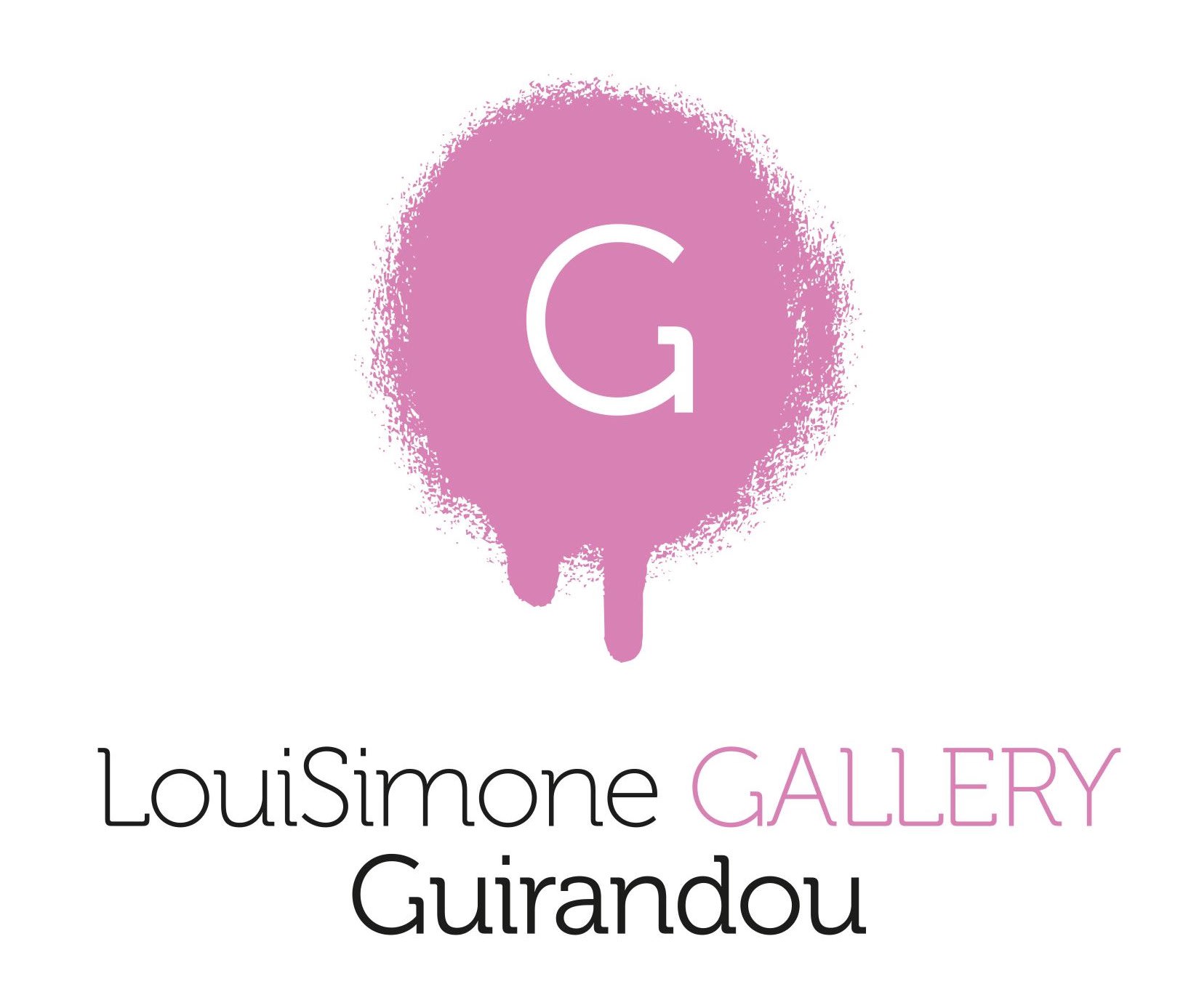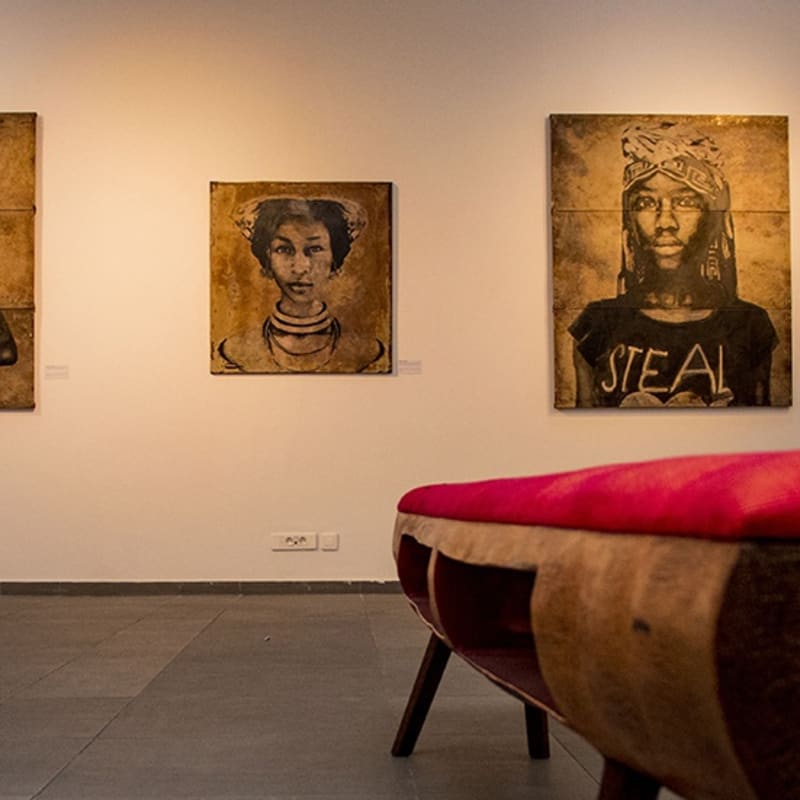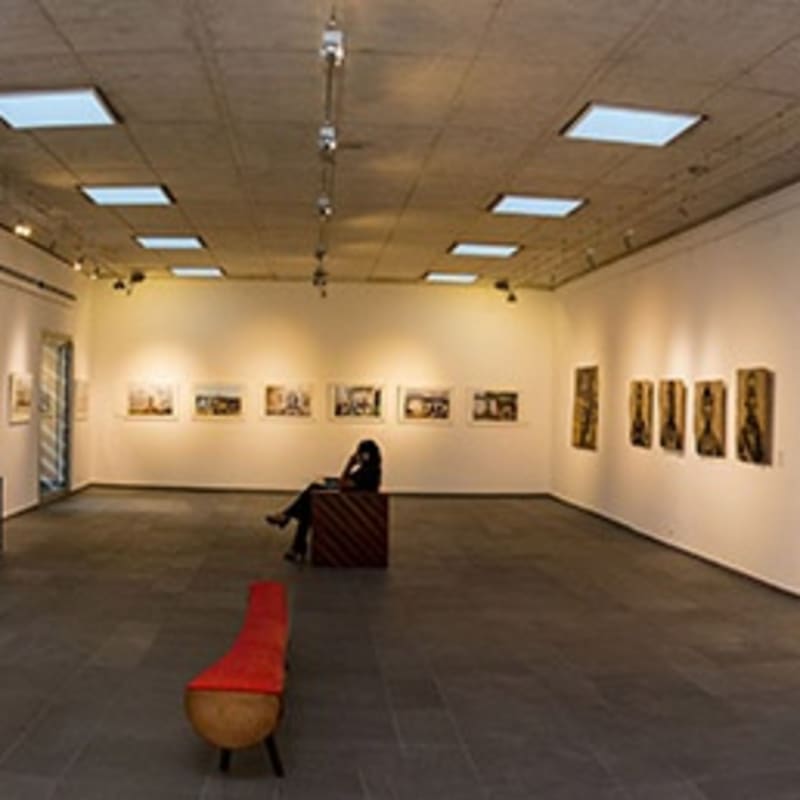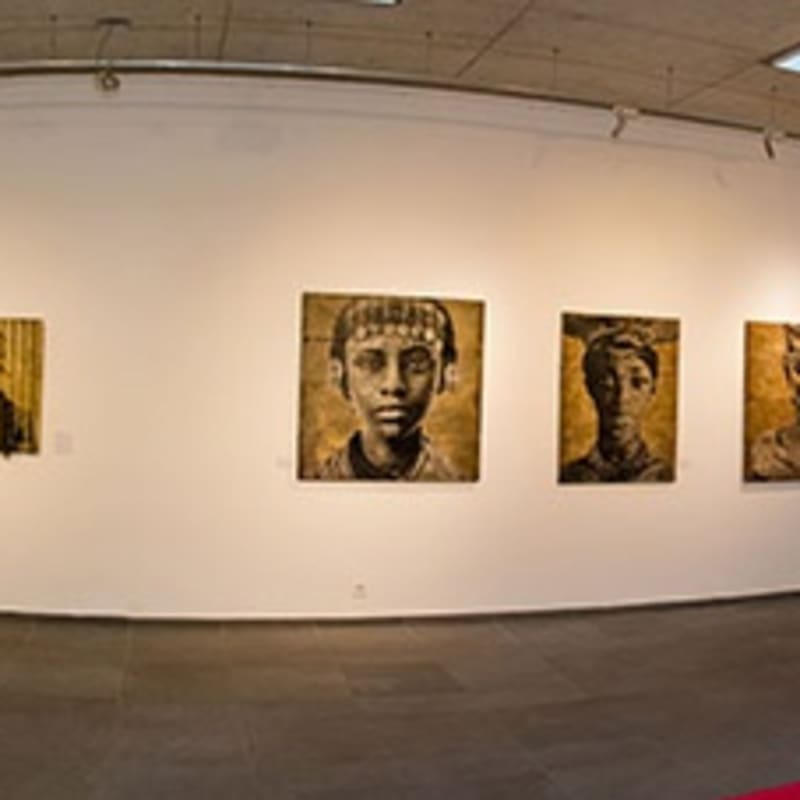Visitors arriving for the first time in Abidjan, the capital of Côte d’Ivoire, are immediately caught up in the heat and humidity, an ever-present reminder that this is the tropics. They choke at the sight of the anarchic traffic, where drivers, depending on their mood, rival with pedestrians for control of the sidewalks, abandoning the crowded streets that brave sweepers try in vain to keep clean, alas… The spectacle continues with street vendors who weave between vehicles, their arms laden with goods of all kinds and from all over, and who breathe in, like everyone else, the pollution released by these engines from another time. Among the vendors they notice young girls who, instead of going to school, hawk their goods—food stuffs and others wares—all carefully displayed in containers balanced on their heads.
These young women are the street vendors who caught the attention of the artist Yseult (YZ) Digan.
After moving to Côte d’Ivoire in 2017, YZ took up the cause of these young female street vendors. These young women, simply dressed in a pagne and a t-shirt, are for the most part just adolescents—some are barely 12 years old—and too often illiterate. Sensitive to their social condition, YZ gets to know them, starts conversations so she can hear their stories, and joins “Empow’her,” an association that has helped some of these young women take control of their lives through educational and training programs.
Through the liberational practice of Street Art, YZ speaks out on behalf of these young women, hoping to inform decision-makers about the importance of education for girls and about their social roles.
The artist captures portraits of these young street vendors straight on, their gaze directed at the viewer. Working from photographs that she reproduces in black ink on silk-paper and then, using an over-wash technique, displays them on city walls—where they are visible to all—or affixes them to metal or wooden surfaces. Her activism is visible in a series of posters that are still seen on walls around Abidjan, her contribution to the fight against the marginalization of women, and for increased educational opportunities so that women can assume their place in the country’s social fabric.
Adorned with jewels, transformed through the magic of art into Queens—with regal bearing and steady gaze, willful and determined, both dignified and knowing, the portraits of these young girls—printed in black ink on paper and here affixed to metal—form the collection, in black and white, for Yseult’s show “Street Vendors” on display at the LouiSimone Guirandou Gallery.




